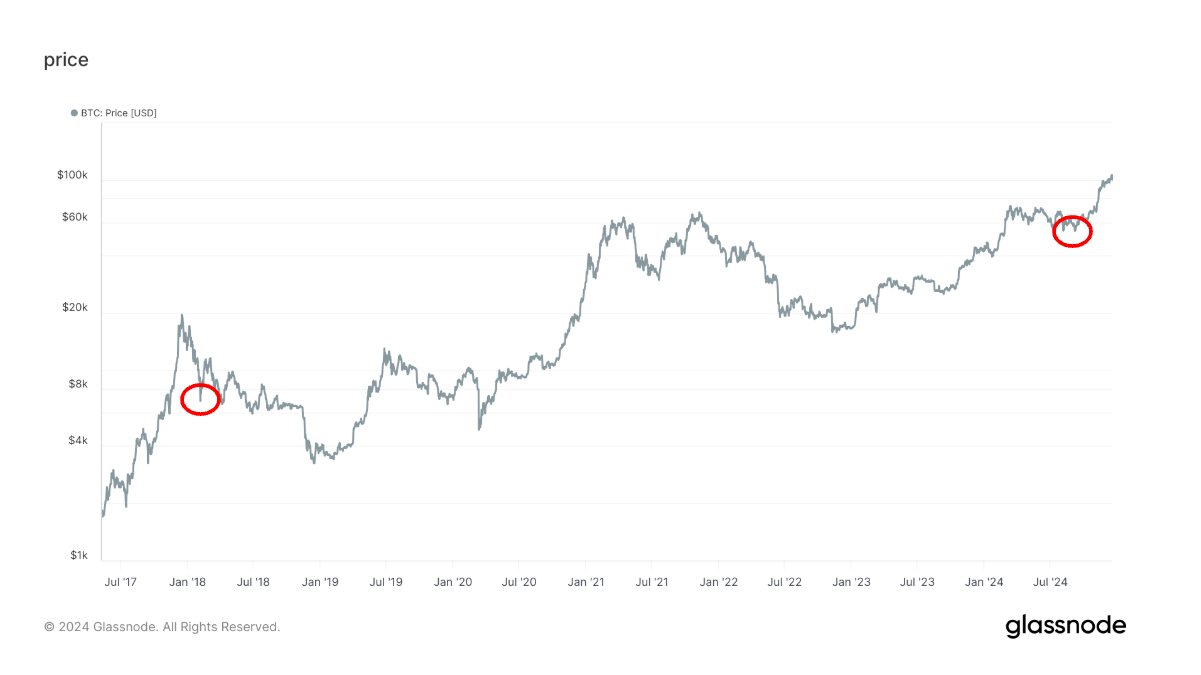Summary:
Scammers are increasingly demanding payments in cryptocurrency due to lack of legal protections, irreversible payments, and public confusion about how it works.
Common cryptocurrency scams include government impersonators, online dating scams, job scams, investment scams, and blackmail scams.
To protect yourself, only deal with legitimate businesses and government agencies, avoid job-related fees, be cautious with online romances, be skeptical of investment guarantees, and don't transfer money on demand.
Report any suspected scams to BBB’s Scamtracker to warn others.
Cryptocurrency Scams are on the Rise: How to Protect Yourself
Cryptocurrency, like Bitcoin, is making headlines, but so are the scams that are becoming increasingly common. Be aware of these tactics used by scammers:
- Government Impersonators: Claiming you owe taxes or fines.
- Online Dating Scams: A new online love interest asks for money to help with an "emergency" that you can resolve by sending cryptocurrency.
- Job Scams: Requesting payment for job-related expenses.
- Investment Scams: Promising guaranteed returns with little to no risk.
- Blackmail Scams: Threatening to release compromising information unless you pay in cryptocurrency.
Here's why scammers love cryptocurrency:
- Lack of Legal Protections: Unlike credit cards, cryptocurrency payments don’t offer legal safeguards.
- Irreversible Payments: Once you send money via Bitcoin or other cryptocurrency, it’s almost impossible to get it back.
- Public Confusion: Many people still don’t fully understand how cryptocurrency works, making them susceptible to scams.
Here's how to protect yourself:
- Only Scammers Demand Cryptocurrency: Legitimate businesses and government agencies never ask for cryptocurrency payments (unless you are buying other cryptocurrency).
- Avoid Job-Related Fees: Don’t ever pay any fees to secure a job.
- Be Cautious with Online Romances: If someone you meet online asks for money, it’s likely a scam.
- No Guarantees in Investments: Be skeptical of anyone guaranteeing profits or big returns, especially with cryptocurrencies. It is a very volatile investment vehicle.
- Don't Transfer Money on Demand: Your money is safe where it is. Don’t move it based on a call or urgent demand.
- Report the Scam to BBB’s Scamtracker to warn others.
Remember, if something seems too good to be true, it probably is.








Comments